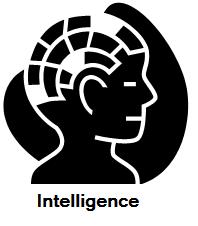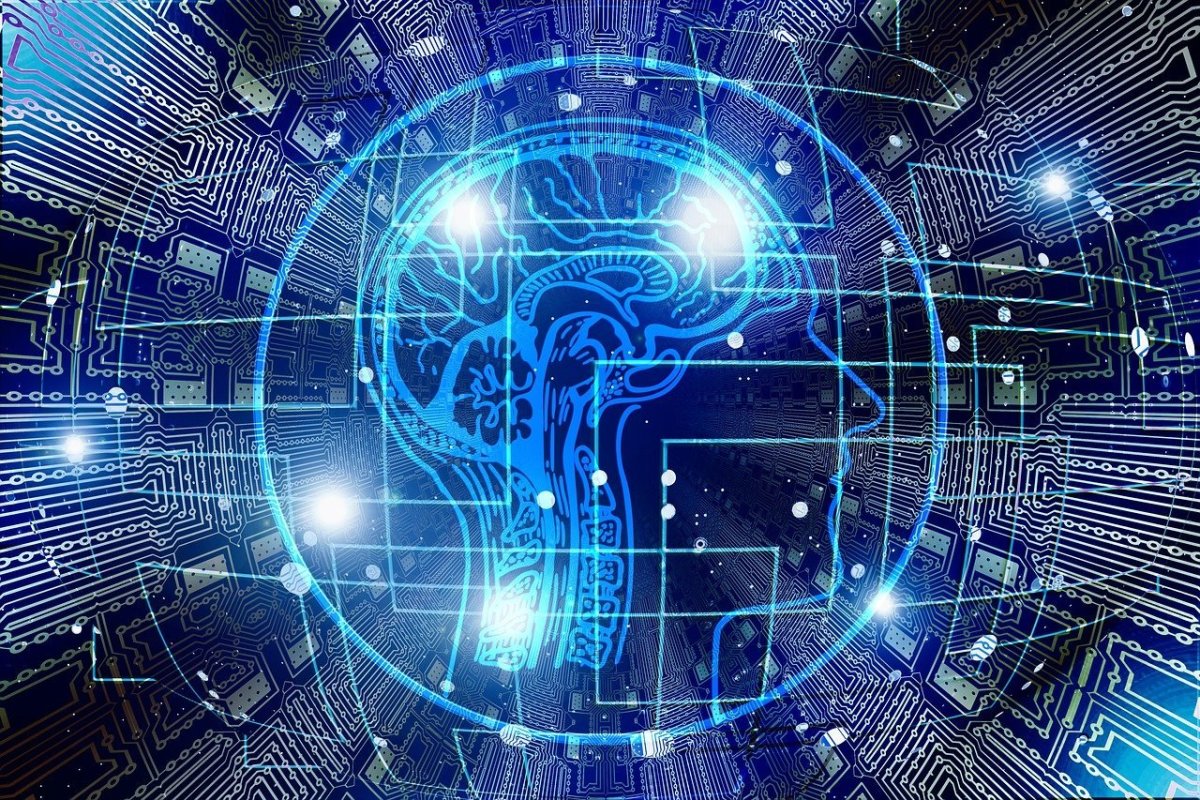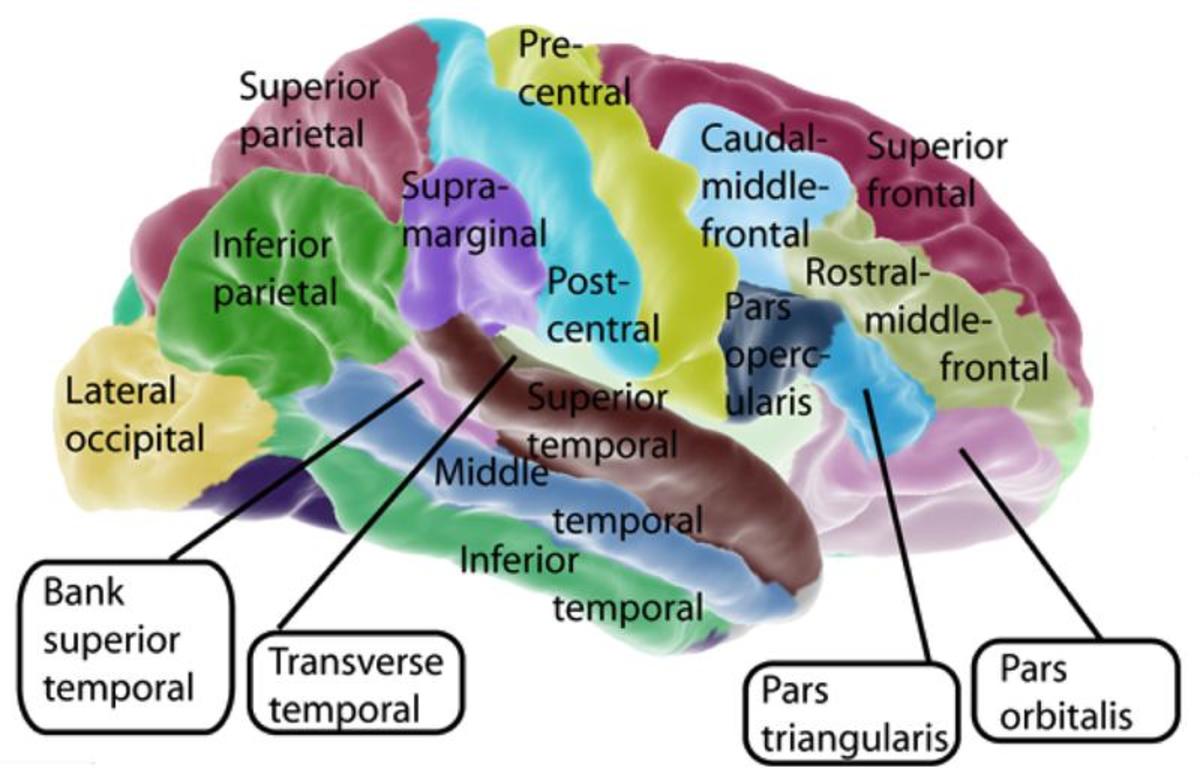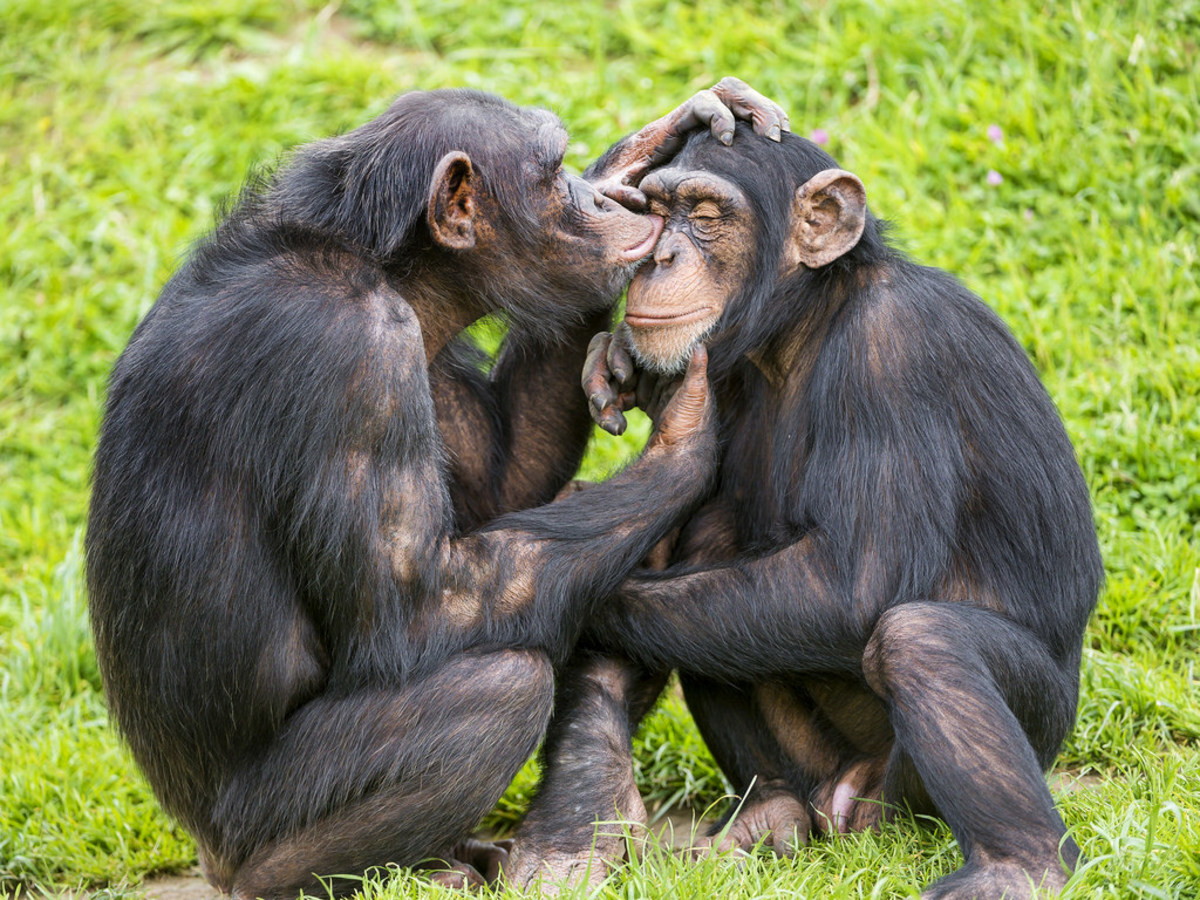Different Types of Intelligence

Intelligence
Intelligence is not something that can be measured easily according to Howard Gardner’s “Human Intelligence Isn’t What We Think It Is.” This is due to the diverse intelligence that people have.
Howard Gardner divides the different types of intelligence into seven different groups. The two most important ones are linguistic and logical-mathematical intelligence. There are others that are just as important. They are musical, bodily-kinesthetic, and interpersonal intelligence.
Musical Intelligence
Having musical skills is essential to an individual’s life. Being capable to play an instrument or interpret and understand music does not come easily. Therefore, it is necessary to start teaching music to children at an early age. It can be taught in different ways.
One of the ways to do this is through the Suzuki method that was developed in Japan. This method creates an environment that is filled with music. Mothers play with their young children for two hours a day, starting at the age of two. Within several years the children become decent musicians. All children must be taught music at an early age. Growing up they will become more educated. Music will enrich their lives. They will learn things that they never knew before. Many will be interested in learning and exploring more about what they already know. They might become musicians someday, and even have an everlasting passion for music.
Bodily-Kinesthetic Intelligence
High bodily-kinesthetic intelligence can tell a person what route he is likely to take in life. In a hunting society this type of intelligence is very important. Having good control of one’s body and knowing one's way around is much more vital than knowing proper math. Since hunters migrate most of the time in search for food, they need to have a sense of direction. They must know where it is best to hunt for food as well as how to get back to where they were before.
If an individual has high bodily intelligence he can still succeed in life. He can then become an athlete, a dancer or even a surgeon if he so chooses. If a person is good with his hands then he can become a mechanic or be an assistant in a science laboratory. He may even find himself a job in a theater working backstage with certain equipment.
Interpersonal Intelligence
Knowing how to deal with others is known as interpersonal intelligence. In Japanese society it is very significant and highly valued. Being able to work in groups is part of this intelligence. Mastering this task helps people make the necessary decisions. Things get done much faster and better when people work together. That is why Japanese people work in groups and help each other out. The work that they do is much more productive and accurate.
In the United States many companies that hire people want those who are social and open-minded. It is therefore important to be able to interact with others. While in the United States people tend to be individualistic they still work well with others when necessary. They do just that and it shows that they possess interpersonal intelligence.
Having other abilities aside from possessing math, logic and linguistic ones is a great idea. It shows that a person s capable of doing other things that show his creative side. If a person can express his imagination and creativity that also shows that he is smart. While more people focus mainly on linguistics, math, and logic, they should start to focus more on other types of intelligence that were ignored in the past.
Which types of intelligence do you think are most important? Please share your thoughts in the comments below.








